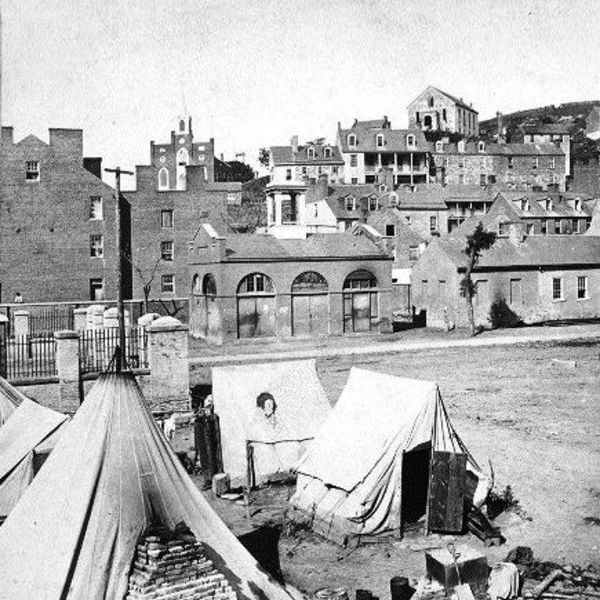Hannibal's decision to move his army through the Alps in the dead of winter is no small feat. It was a careful and calculated decision on his part. He was willing to sustain heavy losses for a chance to strike at the Roman heartland by using an overland route rather than a naval one. However, many people not versed in this topic, often assume that Hannibal's army was a savage horde with little military experience. That was not the case, Hannibal had a professional military force augmented by barbarian allies and a beautiful logistics system that enabled him to survive the trek across the Alps in the winter even though he sustained heavy losses in the journey through the Alps. The focus for this article will be Hannibal's crossing of the Rhone River on his way to the Alps! It is known he crossed over the mountains but very few people know about, Hannibal's crossing of the Rhone River.
What made him an excellent leader was his sensible politics when dealing with the various barbarian tribes. [1]“He had a way of propitiating the native tribes which made his march safe and expeditious. Where honeyed words had no effect, gold was used." He did have trouble with one tribe because it was technically a Roman colony located in Massilia. Hannibal exercised his political instincts well when choosing to avoid this colony. Due to Massilia being a friend of Rome. His goal was to move his army silently and undetected until he could reach the foothills of the Alps. Rome had dispatched Consul Publius Scipio with several legions numbering 24,000 men, in order to stop Hannibal from reaching Rome. Yet Scipio was slow in finding the whereabouts of Hannibal. “Scipio must be held to blame for not sending out more numerous scouting parties to ascertain definitely Hannibal's whereabouts."[2] Hannibal realized Scipio's goal was to engage his army as far away from Rome as possible. Thus evading the Roman army was a priority, yet there was another foe Hannibal had to avoid. This foe happened to be a tribe of Gauls known as the Cavares. The Gauls lived near the Rhone River at the time and sought to deny passage to the Carthaginian army. Hannibal built a small fleet of boats and left a detachment of his army behind and hidden so they could protect his main army during the river crossing. The Cavares Gauls launched an attack at a seemingly vulnerable army during its river crossing and were immediately flanked by Hannibal's hidden force. The attacking Gauls were soon dispersed and Hannibal crossed the Rhone unaccosted. His elephants were the last element of his army to cross the Rhone.
His crossing of the Rhone was also guarded by an advanced scouting party of five-hundred Numidian horsemen. Which was to determine how close the pursuing Roman army was. “The Numidian scouting-party had very soon run into the three hundred Roman horse sent out by Scipio for the same purpose."[3] A conflict ensued between the two armies with the Romans soundly defeating the Carthaginian horsemen. After the battle, the Romans figured out that the Carthaginians had crossed the Rhone. This greatly dismayed Publius Scipio who upon hearing about the skirmish between scouting parties broke camp and went to fight Hannibal only to realize he was three days late. Thus Hannibal successfully crossed the Rhone River by evading the Romans and beating the Cavares Gauls who had the temerity to attack him.





















